Specialist in MCU Sourcing
What’s MCU
An MCU chip, short for Microcontroller Unit, is a compact integrated circuit designed to govern a specific operation in an embedded system. A microcontroller is essentially a small computer on a single integrated circuit, containing a processor core, memory, and programmable input/output peripherals.
- Processor Core: This is the brain of the MCU, where computations and logical decisions are made.
- Memory: MCUs contain two types of memory – RAM for temporary data storage and flash or EEPROM for storing the program code.
- Input/Output Peripherals: These are interfaces that allow the MCU to interact with other devices, sensors, or actuators. Common I/O peripherals include digital and analog pins, communication ports like UART, SPI, and I2C, timers, and sometimes more specialized modules like USB controllers or capacitive touch sensors.
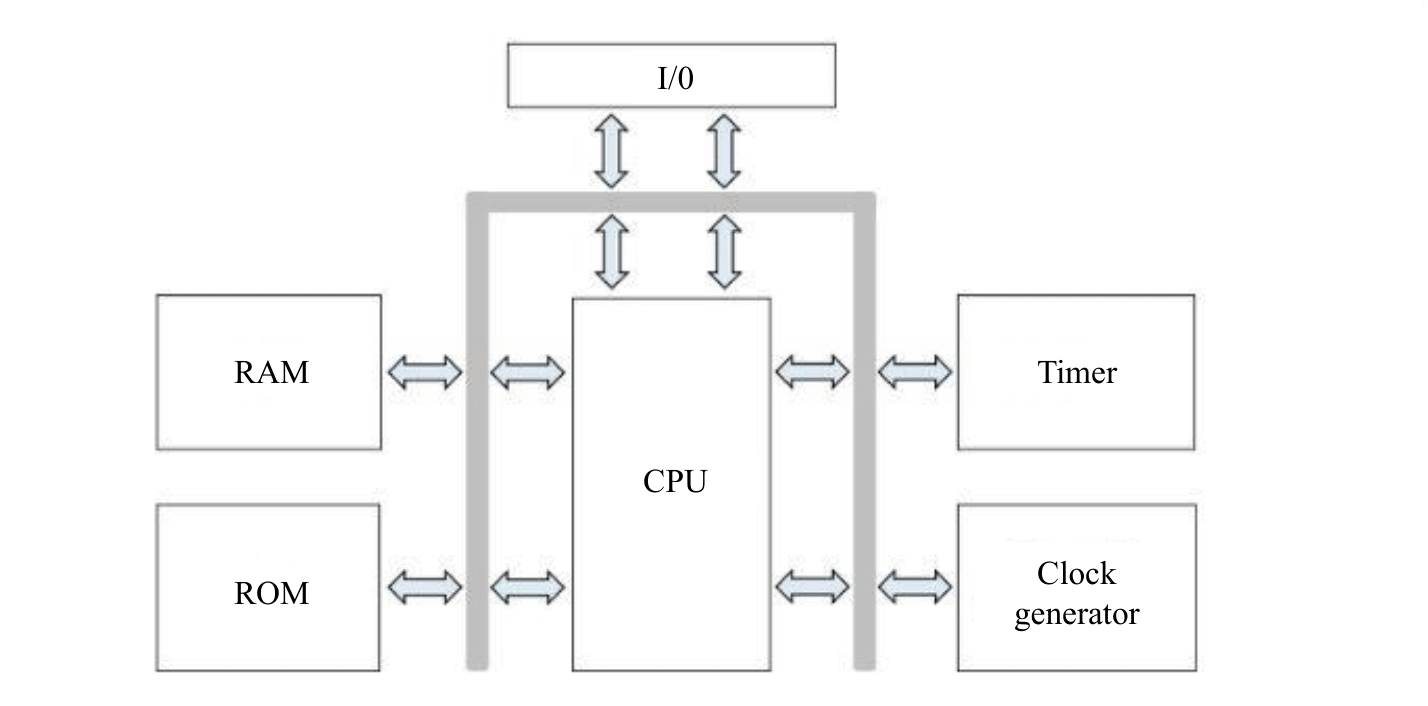
Kinds of MCU
Microcontrollers can be classified into different groups from different aspects:
Width of the Data Bus
- 8-bit MCUs:
These are the simplest and most cost-effective MCUs, ideal for basic tasks. They process 8 bits of data at a time, which makes them suitable for simple applications like household appliances and basic consumer electronics.
- 16-bit MCUs:
These offer a balance between performance and cost. They can handle more complex tasks than 8-bit MCUs, such as automotive control systems, more sophisticated consumer products, and basic networking equipment.
With higher processing power, 32-bit MCUs are used in applications requiring complex operations, such as advanced consumer electronics, industrial automation, and Internet of Things (IoT) devices.
- 64-bit MCUs
These are less common in traditional MCU applications but are emerging in areas that demand high computational power and large amounts of data processing, like advanced robotics and AI applications.
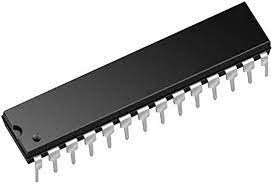
Memory
- External Memory MCUs
These MCUs use external memory chips for data storage and program execution. This allows for greater flexibility and capacity in memory but can increase complexity and power consumption.
- Embedded Memory MCUs
Most MCUs fall into this category, with memory (both RAM and ROM/Flash) integrated within the chip. This design leads to lower power consumption and a smaller physical footprint, suitable for compact and energy-efficient applications.
Instruction Set
- Complex Instruction Set Computing (CISC)
CISC architectures use a wide range of instructions, some of which can perform complex tasks in a single instruction. This can make programming easier but at the cost of potentially less efficient use of the processor.
- Reduced Instruction Set Computing (RISC)
RISC architectures use simpler instructions that can be executed very quickly. This leads to efficient processing and is common in modern MCUs.
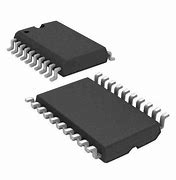
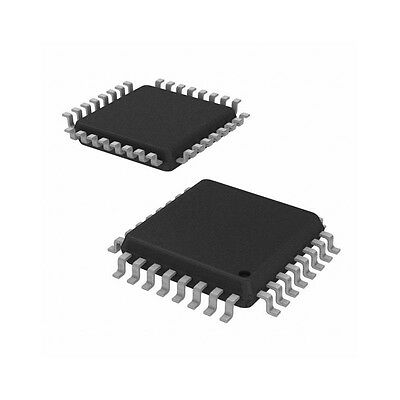
Memory Architecture
- Princeton Memory Architecture (Von Neumann)
In this architecture, the same memory and bus are used to store both data and instructions. This simplifies the design but can lead to bottlenecks as data and instructions compete for the same bus bandwidth.
- Harvard Memory Architecture
This design separates the storage and signal pathways for instructions and data, allowing simultaneous access to both the instruction memory and data memory. This results in faster execution and is commonly used in modern MCU designs.
Tips in MCU Selection
Selecting the right Microcontroller Unit (MCU) for your project is a crucial decision that can impact both the performance and the feasibility of the project.
Project Requirements
- Performance Needs: Determine the processing power required. Does your project involve complex computations or simple control tasks?
- Power Consumption: For battery-powered or energy-efficient applications, low-power MCUs are essential.
- Size Constraints: In space-limited applications, the physical size of the MCU and the necessary peripherals matter.
Memory Requirements
- Program Memory (Flash/ROM): Ensure the MCU has enough memory to store your application. Consider future updates or expansions in your application.
- Data Memory (RAM): Sufficient RAM is necessary for efficient execution of your program, especially if your application involves processing large amounts of data or complex algorithms.
I/O Requirements
Identify the types and number of input/output peripherals needed, such as digital/analog I/O pins, communication interfaces (UART, SPI, I2C), USB ports, etc.
Check for specialized features like PWM channels, ADC/DAC converters, or touch sensing capabilities if your project requires them.
Power Management
For portable or remote applications, examine the MCU’s power-saving modes like sleep or idle modes.
Assess the power requirements and how the MCU manages power under different operational modes.
Processing Power
Higher clock speeds offer faster processing but consume more power. Balance the need for speed against power consumption.
Development Tools and Software Support:
Availability of Integrated Development Environments (IDEs), compilers, and debuggers that are compatible with the MCU.
Consider the ease of programming and availability of libraries and community support, especially for complex or specialized tasks.
Future-Proofing
Choose an MCU that not only meets your current needs but also has the capacity to handle anticipated future requirements.
Cost Considerations
Factor in not just the cost of the MCU itself but also the associated development and operational costs.
Consider the total cost of ownership, including the development tools, production programming, and potential scalability.
Lead Times
Ensure the chosen MCU is readily available and consider the lead times, especially for large-scale production.
Compatibility with Existing Systems:
If integrating with existing hardware or software systems, ensure compatibility and ease of integration.
Authorized Components Suppliers
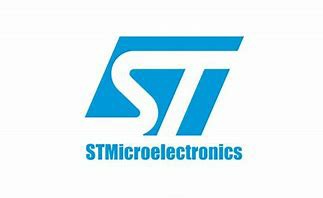
STMicroelectronics
STMicroelectronics is famous for its STM32 family of ARM Cortex-M based microcontrollers. These MCUs are widely used for their robust performance, integrated features, and suitability for a broad range of applications.
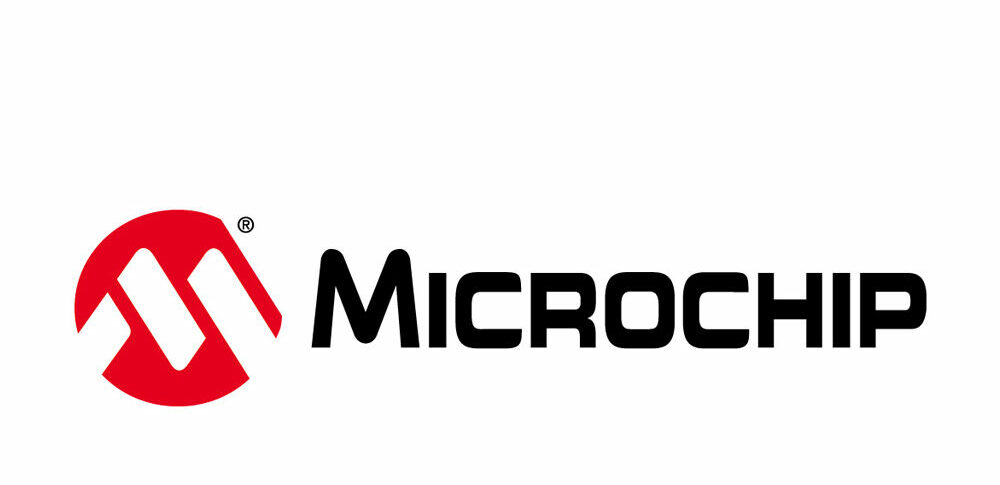
Microchip Technology
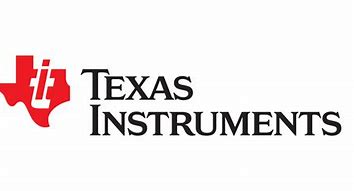
Texas Instruments
Known for their wide range of products, Texas Instruments offers MCUs for various applications, including wireless connectivity, industrial, and automotive sectors. TI is particularly noted for its MSP430 family, a low-power MCU series popular in battery-powered devices.
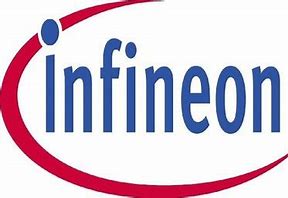
Infineon Technologies
Known for their focus on automotive and industrial MCUs, Infineon offers a range of ARM-based controllers, particularly noted for their robustness and reliability in demanding applications.
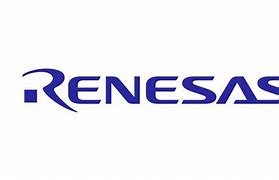
Renesas Electronics
A merger of NEC, Hitachi, and Mitsubishi’s MCU and analog semiconductor businesses resulted in Renesas. They are particularly strong in the automotive sector and offer a wide range of MCU products, including the RX and RL78 families.
NXP Semiconductors
NXP, which merged with Freescale Semiconductor, offers a range of ARM-based MCUs. Their products are known for high performance and are widely used in automotive, industrial, and consumer electronics.
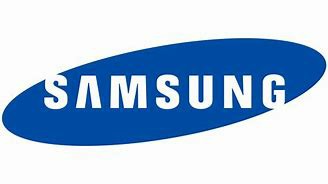
Samsung
Known primarily for its dominance in the semiconductor industry, Samsung also manufactures MCUs. Their expertise in memory and processor technology gives them a competitive edge in creating MCUs that are efficient and powerful, often targeting high-performance applications.

Nuvoton Technology
Nuvoton Technology Corporation is a lesser-known but significant player in the MCU market, particularly in the Asian markets. They offer a range of microcontroller products that cater to various applications, including consumer electronics, automotive, and industrial control systems. Nuvoton is known for providing cost-effective and reliable MCU solutions.
Silicon Labs
Silicon Labs MCUs are known for their low power consumption and integrated wireless capabilities, making them ideal for connected devices in smart homes, industrial automation, and other IoT sectors.
Highleap Electronic’s Advantages

Short procurement lead time
We can offer a quotation for you within 24 hours if you have prepared a comprehensive BOM list and correct PCB files. We have inventory support from our stable suppliers so that we can arrange the components within 3-5 days if they are in stock.

Cost-effective
We have years’ experience in PCB assembly and build a stable cooperative relationship with reliable component suppliers so that we can get the components at low costs. Price advantage can help you to lower the production cost.

supply chain management
We operate strict quality control standards and full supply chain management to make sure all the components are with the best quality and optimal price. We promise that all the components are subject to thorough incoming inspection and continuous testing during the entire production, and the procurement process is fully traceable.
Take a Quick Quote
Explore Highleap Electronic components sourcing Services.
